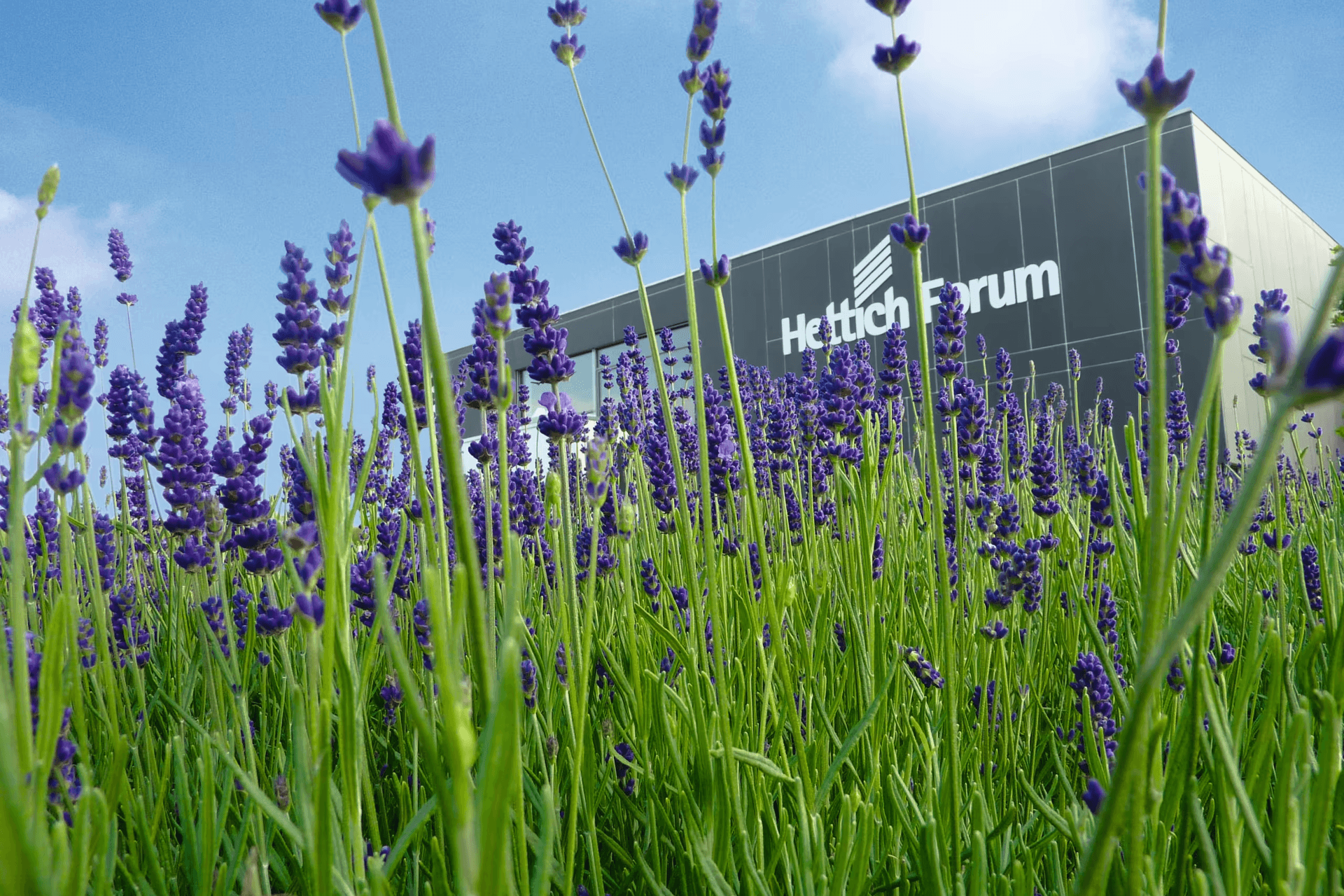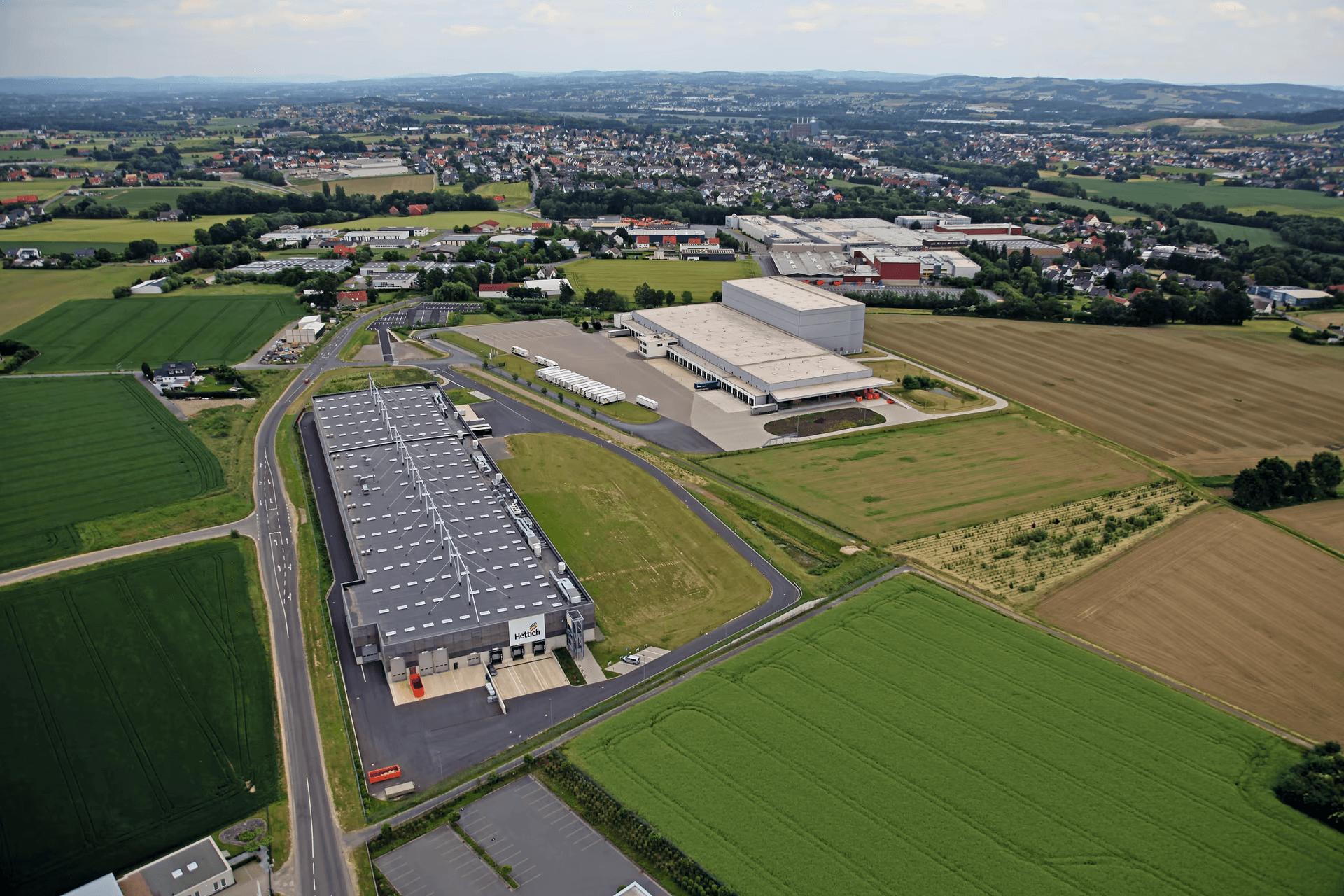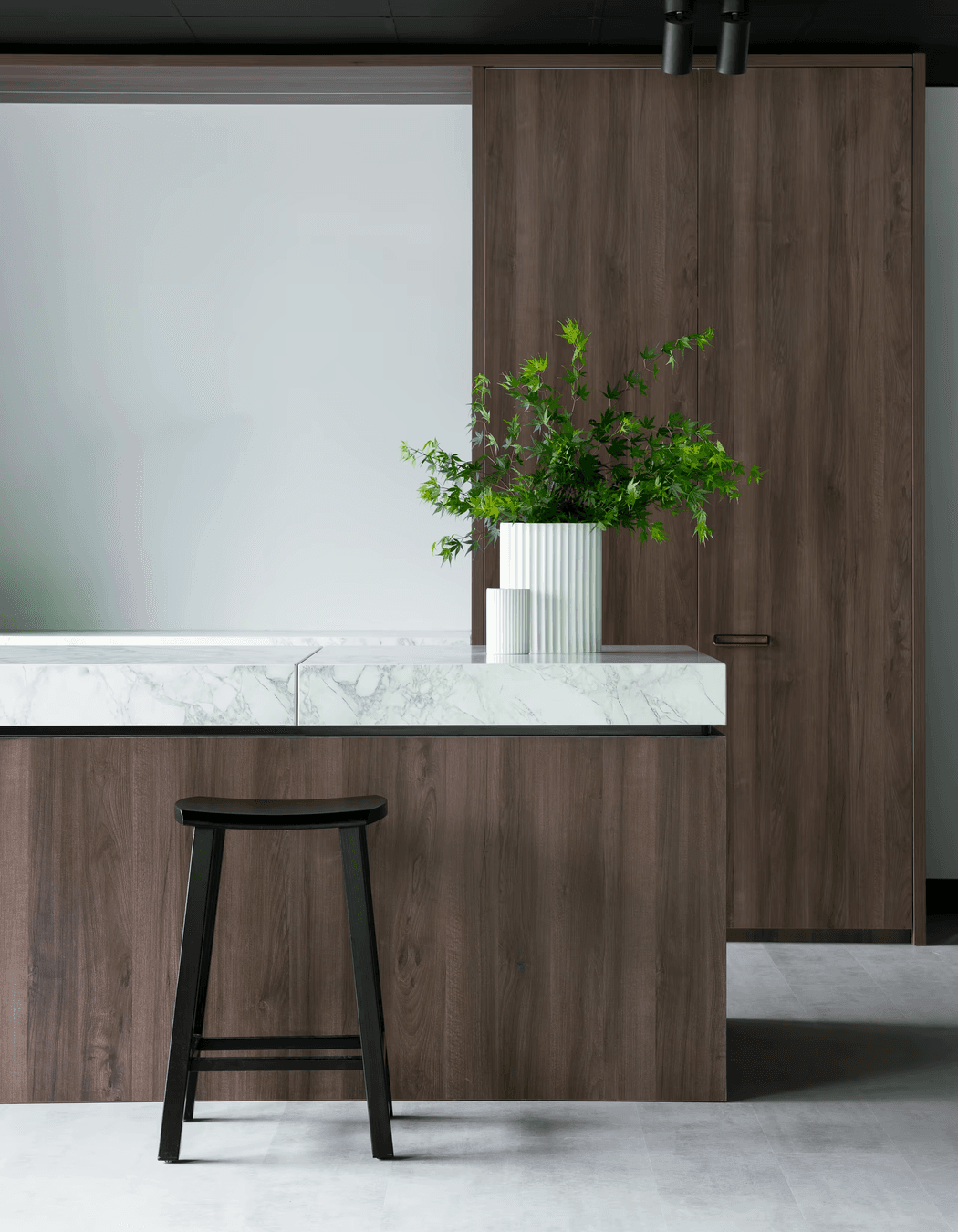Sustainability at Hettich

New flyer: “Act today – think about tomorrow”
Binding sustainability principles have been in place at Hettich since the early 1990s and are also being put into practice all the time at a wide variety of levels. In a compact flyer, the company is now presenting a cross section of the many activities the Hettich Group is involved in to secure a sustainable future.
The companies within the Hettich Group take responsibility for preserving the natural resource base and for protecting the health of their staff. Not only can this be seen in a broad commitment to society but also in continual investment in technologies that protect the environment and conserve resources. Because Hettich firmly believes that acting in a socially responsible and ecological manner in conformity with the law doesn’t hamper a company’s economic success but, in the long term, helps to promote and secure it.

Reducing CO2 emissions
Hettich is constantly improving its environmental performance and, to this end, participates in EMAS (Eco Management and Audit Scheme), the world’s most stringent environmental management system. Six of Hettich’s European operating bases alone already hold EMAS certification. They undergo annual audits by state approved environmental auditors, each of which requires evidence of continuous improvement and full compliance with the law.
Electricity from renewable energies or using waste heat – these are just a few examples of energy and resource management aimed at continuously reducing CO2 emissions and systematically boosting energy efficiency at Hettich. Following the regional launch in 2017, all German production sites have now been sourcing green electricity entirely from renewable energies since 2021. In this context, Hettich also uses solar energy and is continuing to expand its own photovoltaic systems.
At all of its operating bases worldwide, Hettich wants to become climate neutral by 2030 (Scope 1 and 2). With this aim in mind, Hettich’s production sites in East Westphalia have already joined the voluntary climate initiative launched by the East Westphalia-Lippe Chambers of Industry and Commerce. Hettich can also report further successes on the international stage: between 2016 and 2021 alone, the company was able to reduce specific CO₂ emissions at its production sites worldwide by 60 %, with absolute CO₂ emissions falling by 40 %.

Sustainable building concepts are a key element of ecological responsibility, which is why Hettich pursues ambitious targets for new Hettich buildings, including its headquarters in Kirchlengern and Bünde: awards for energy efficient architecture and sustainable buildings, such as the Green Building Award, Best Practice Energy Efficiency, Holzbaupreis NRW (North Rhine Westphalia Timber Construction Prize) or the Industrial Building Award for Sustainable Building, have been testimony to Hettich’s consistent, forward looking commitment since as long ago as 2008. Currently under construction, the C3 production facility in Kirchlengern will fall below the annual primary energy requirement defined in the German Building Energy Act (GEG) from 2020 by 84 %.
Long product life from high quality is also a known sustainability factor. Hettich products keep furniture moving long term, making it last and last. Certified to ISO 9001, our quality management system ensures continuous quality monitoring and optimisation. In addition to this, Hettich has implemented its own internal dynamic set of rules for over 15 years. It is on this basis that the manufacturer voluntarily identifies, evaluates and regulates questionable or environmentally harmful product constituents even more stringently than required in law, such as the European REACH Chemicals Regulation or the EU’s RoHS Directive on the Restriction of Hazardous Substances in Electrical and Electronic Equipment. And work is also being done on continually improving the recyclability of Hettich products.

Ambitious goals for the future
Hettich has already achieved a lot – and still has many more big plans ahead. The key targets are: avoiding CO₂ emission, continuously reduce remaining emissions, conserving resources and improving energy efficiency, optimising the recyclability of Hettich products even further and promoting biodiversity at the Group’s operating bases. And for Hettich this means extensive activities to reduce emissions across the supply chain, generating and purchasing electricity from renewable sources, climate change awareness workshops, incentives to use climate friendly transportation, improving the recyclability of Hettich products or finding alternative sustainable materials in cooperation with suppliers. Find out more in Hettich’s new sustainability flyer at: https://www.hettich.com/short/kmrjdo9
